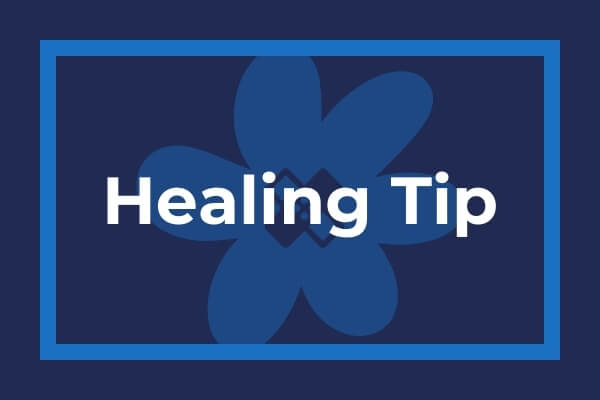When we think about brain trauma we often think about the physical consequences of an injury. After much research, scientists have discovered that the emotional trauma of a loss has profound effects on the mind, brain and body. Perhaps most commonly known is “Broken Heart Syndrome” where stress hormones result in abnormal heart movements and symptoms of chest pain and shortness of breath. Imaging studies show that physical and emotional trauma activate the same areas of the brain and can result in serious changes in functioning. The brain kicks into action to protect us during traumatic experience. The brain kicks into action to protect us during traumatic experiences. To move forward after emotional brain trauma, we need to find tools that will help us reconnect with suppressed memories. Engaging in activities such as journaling, meditation, exercise as well a group and individual therapy can help to empower us to understand our experience of loss and experience post traumatic growth.

